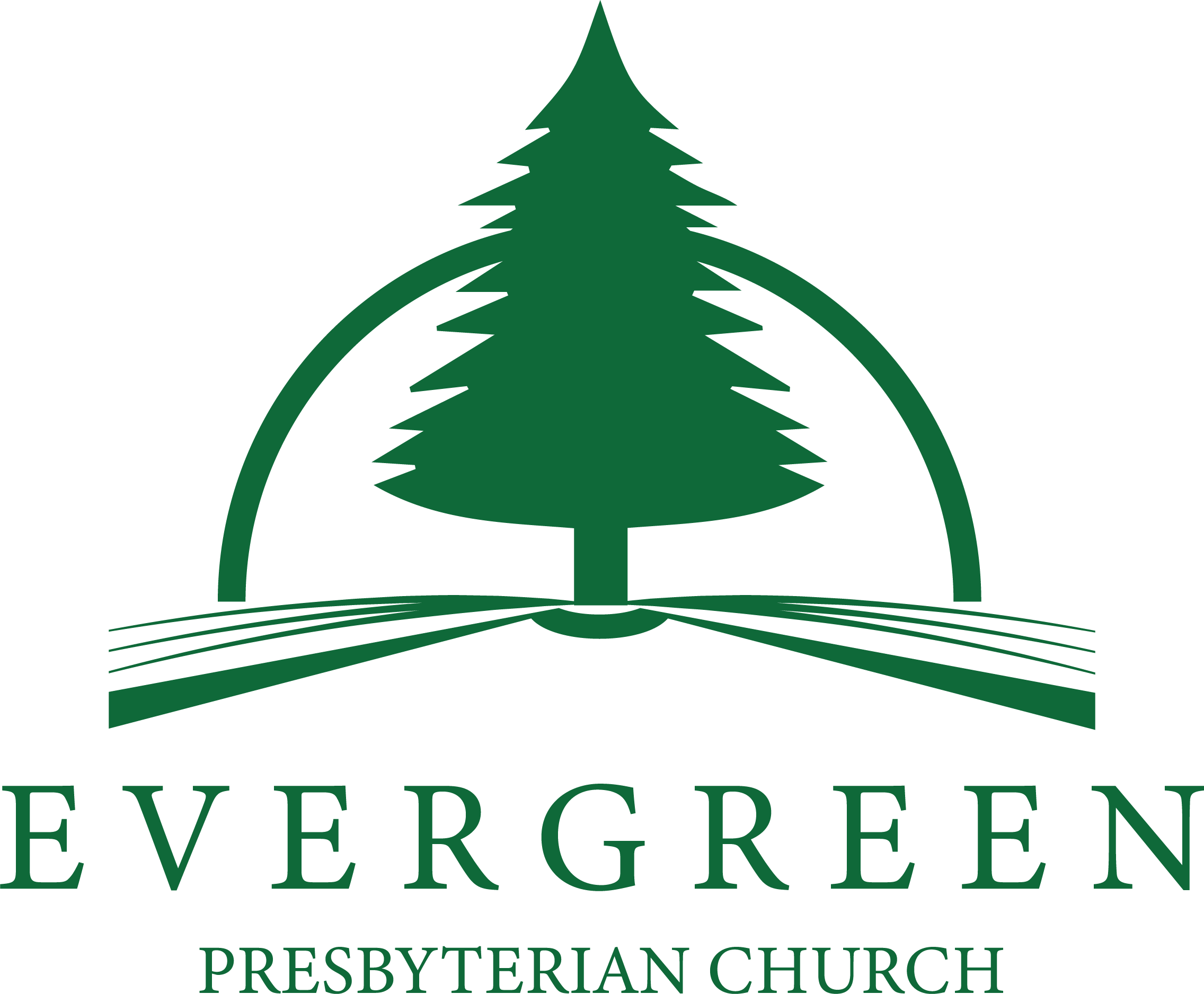In my sermon on Sunday, July 2nd, I made an unplanned comment that I’d like to clarify. In the context of the sermon I was discussing the “Secular Jesus Follower” movement. The people who participate in this movement appreciate some version of Jesus’ teaching but do not believe that he was who he claimed to be. This movement is inspired by things such as Jesus’ perceived pacifism, his carefree attitude, and by a type of “salvation” that has nothing to do with his death for sins.
I then commented that this sounds like much of what passes for religion in the mainline American protestant denominations. I said, “the secular Jesus follower movement is alive and well, it just calls itself the Presbyterian Church in the USA… the Methodist church… the Anglican Church of North America.” These words were spoken off the cuff, and I need to clarify and even take back some of them.
My first regret was in mentioning the Anglican Church of North America (ACNA) at all. In my comments I had intended to say “the Episcopal Church.” The ACNA is a faithful church that actually formed in response to the Episcopal Church’s liberalization, and so it was especially incorrect for me to name them.
My second regret was that I simply mentioned “the Methodist church” in general without being more specific and identifying the “United Methodist Church” as the denomination I was talking about. Even then, as I’ll say in a moment I believe I would have been wrong to mention them by name.
My third, but perhaps greatest regret in saying these words is that I named whole denominations when greater clarity was needed.
If we are going to address serious error from the pulpit, it is better to address that error directly rather than to paint whole denominations with that error. Our forefathers who formed the PCA did believe that the old mainline Presbyterian church they were leaving had boards, agencies, and ministers who were apostate. Even in light of this, a statement such as the one I made in the pulpit was too simple and unqualified as to be helpful.
There are many faithful churches, ministers, and members within all of the denominations I mentioned (or intended to mention) in my comments. As we speak, the United Methodist Church is in the midst of shattering (source: https://www.thegospelcoalition.org/article/methodists-path), as orthodox churches among them (largely in the southern hemisphere) are unwilling to tolerate the half of the denomination (largely in the northern and western hemisphere) that is eagerly abandoning biblical teachings on human sexuality. The same has been true of the Episcopal Church for years. There are churches preparing to leave these denominations precisely because there are still faithful churches, ministers, and members among them as we speak. These folks need encouragement and prayer, not derision.
It is not my belief that someone who belongs to any of the denominations I mentioned is necessarily a “secular Jesus follower,” nor do I think a member or church in any of those denominations is necessarily “secular” or apostate. Anecdotally, last year I worshiped during my summer vacation at a local PCUSA church where I befriended the pastor and found him to be a faithful man who was pastoring a church where the gospel is proclaimed, but where his views were in the dramatic minority at his presbytery meetings. His congregation was faithfully proclaiming the doctrine of inerrancy of scripture, the substitutionary atonement of Christ, the historicity of the resurrection, and the necessity of faith in the risen Christ for salvation. There are real believers and faithful churches out there, even in deeply troubled denominations, and it was wrong for me to imply otherwise.
My commitment to you as your Pastor is that I will be careful in the pulpit and speak the truth. What I said today in my unprepared comments, however, was not the whole truth. In some ways what I said was erroneous, far too glib, and if I’m honest, filled with a sense of my own cleverness. I hope you will forgive me, and know that I take seriously what I say in the pulpit. I will continue to strive to honor God and his truth, rooting what I say in God’s infallible and inerrant word, so that you can be confident that what you hear from the pulpit at Evergreen is the truth and not simply someone pontificating on the complexities of church politics.

